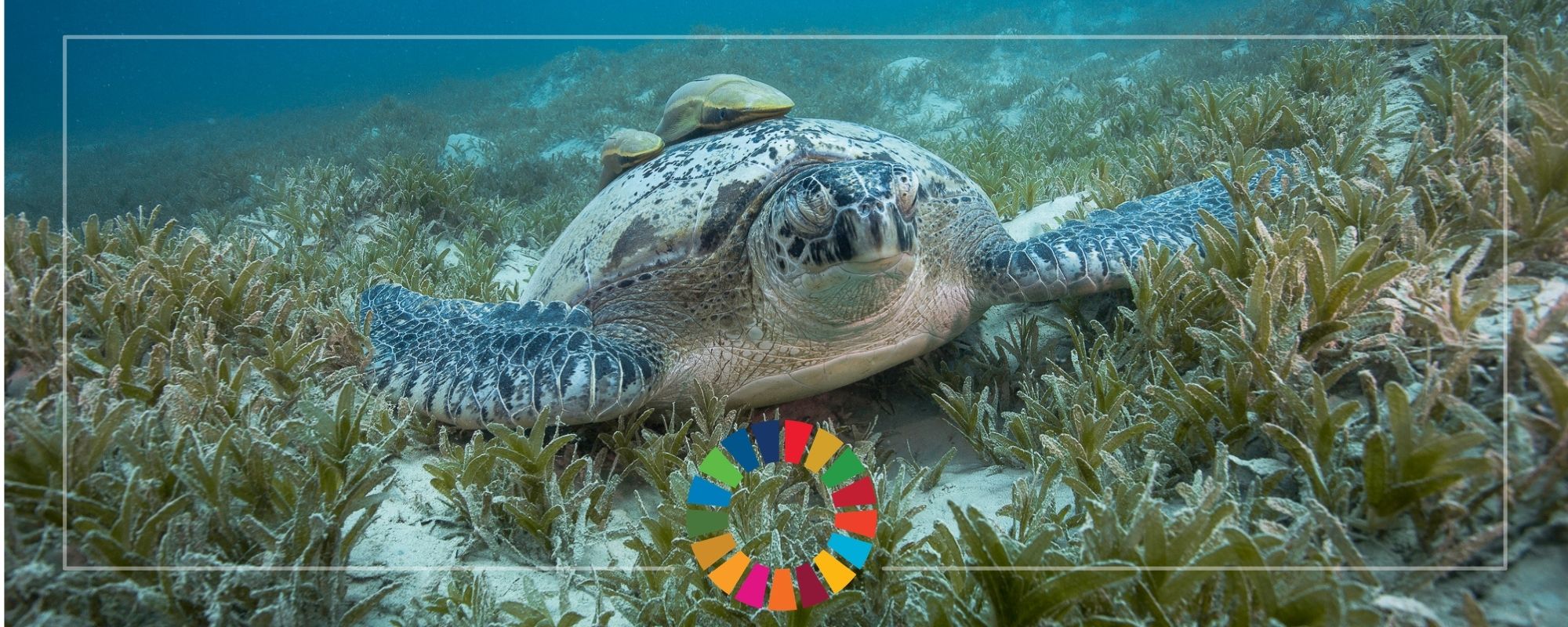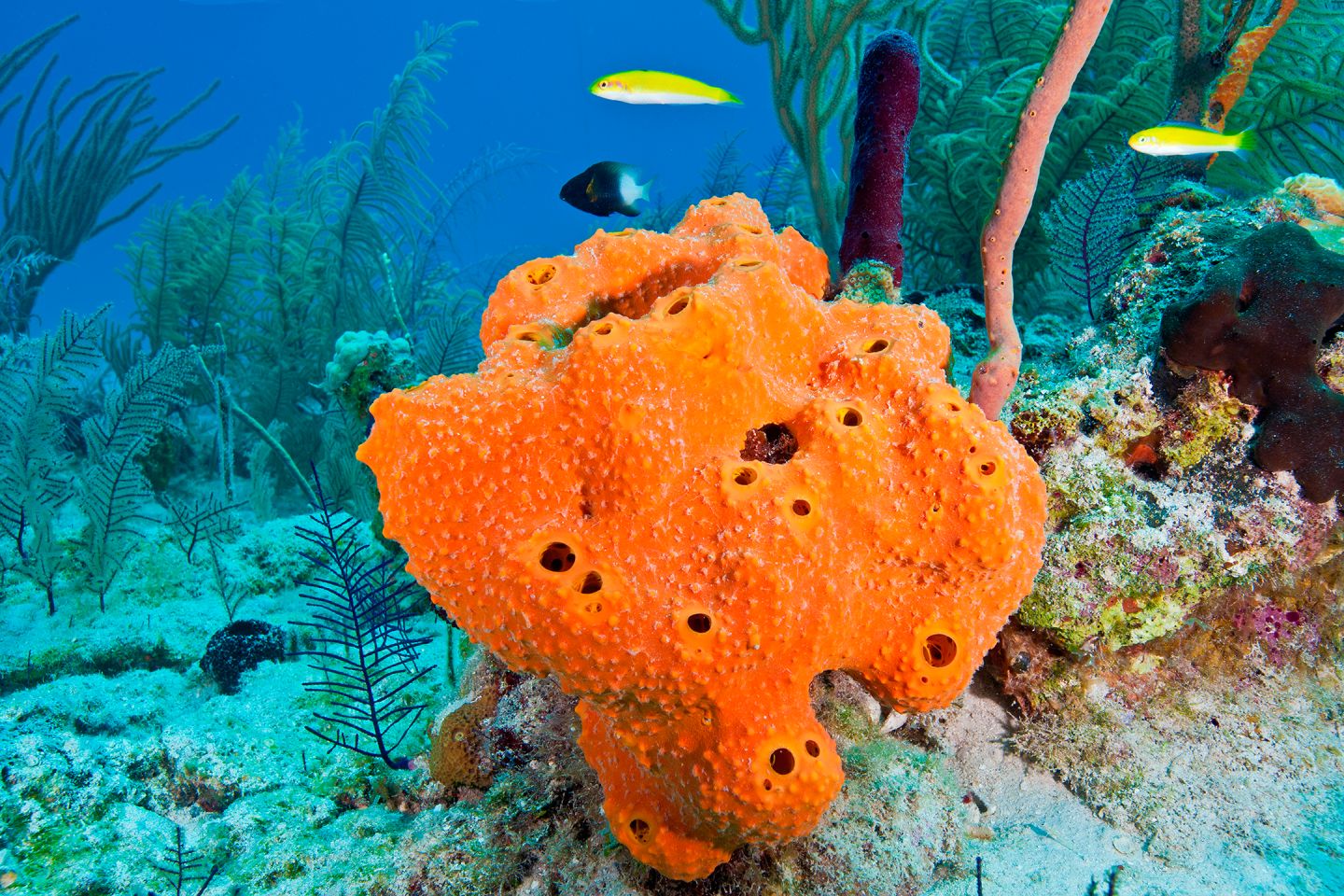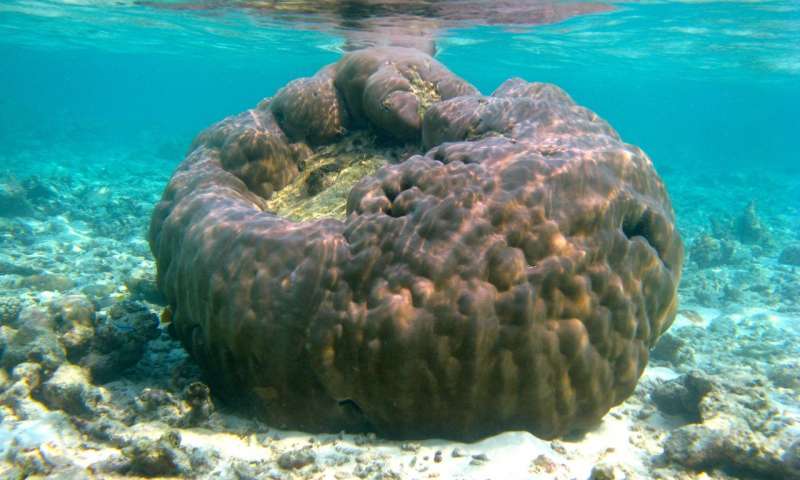Following the Decade Regional Planning workshops that were held throughout 2019 and 2020, informal stakeholders’ platforms have been established in several regions to advance the identification of regional initiatives and programmes for the Ocean Decade.
REGIONAL PLANNING:
Worldwide dedicated structures will play a key role in guiding regional activities to support the development of programmes, projects and activities that will be endorsed as “Decade Actions”.
The Western Tropical Atlantic Regional Planning Group (WTA IPG) was established in July 2020 to advance and coordinate strategic partnerships and actions for the Western Tropical Atlantic region, and benefits from the support of IOCARIBE as its official Secretariat. In 2020, WTA IPG developed a framework of major challenges and actions around each Decade outcomes and will organize a series of virtual workshops to support the elaboration of a regional action plan.





